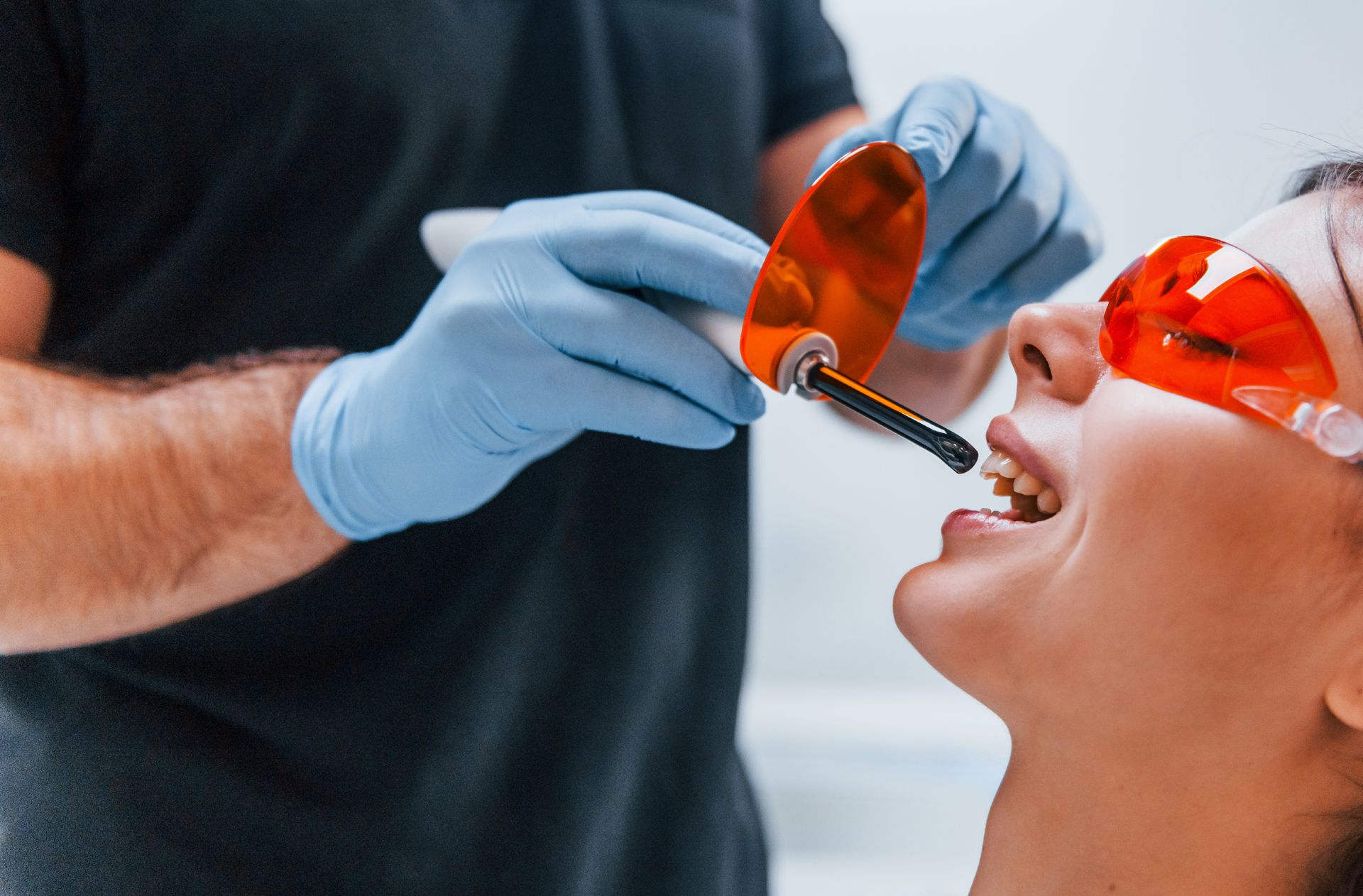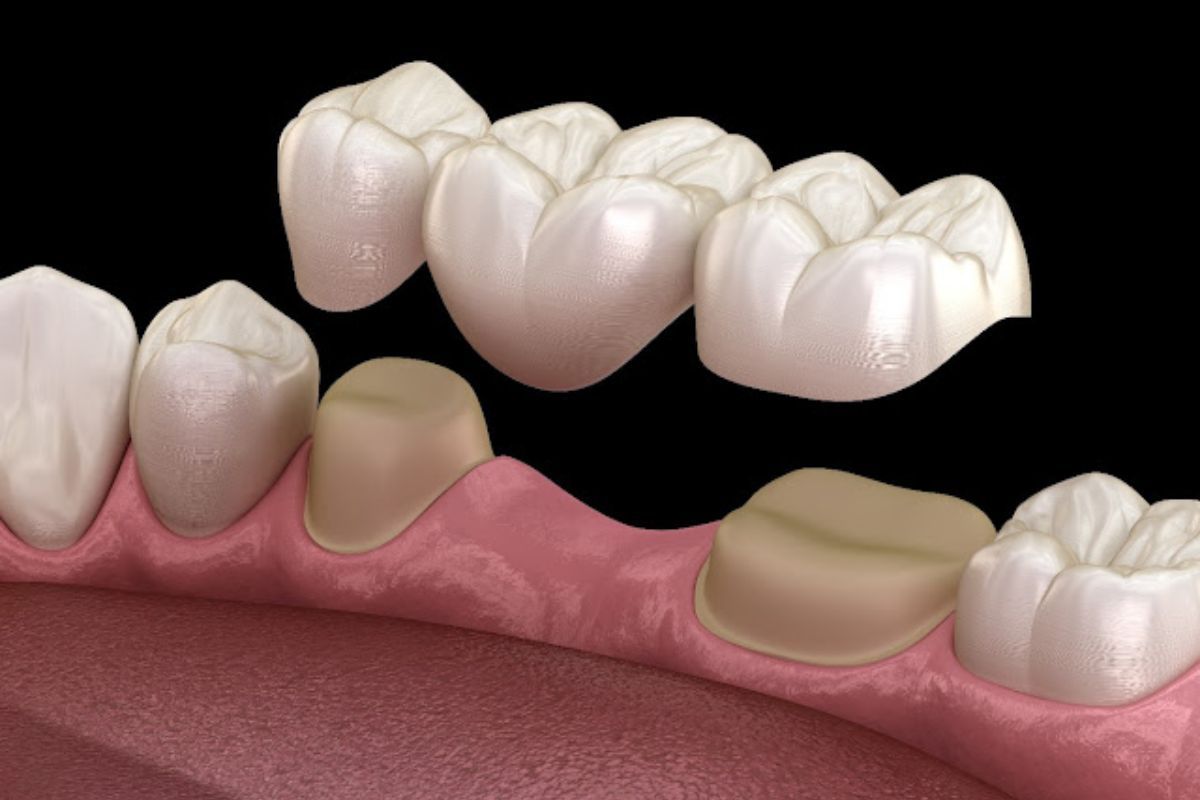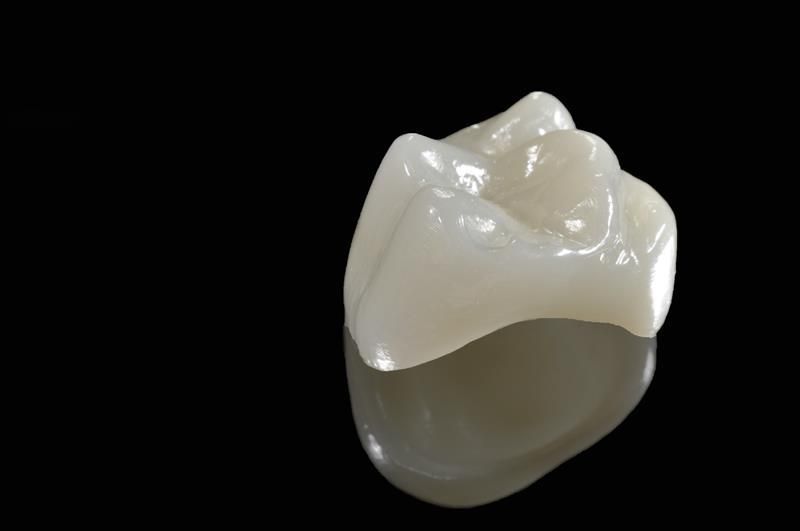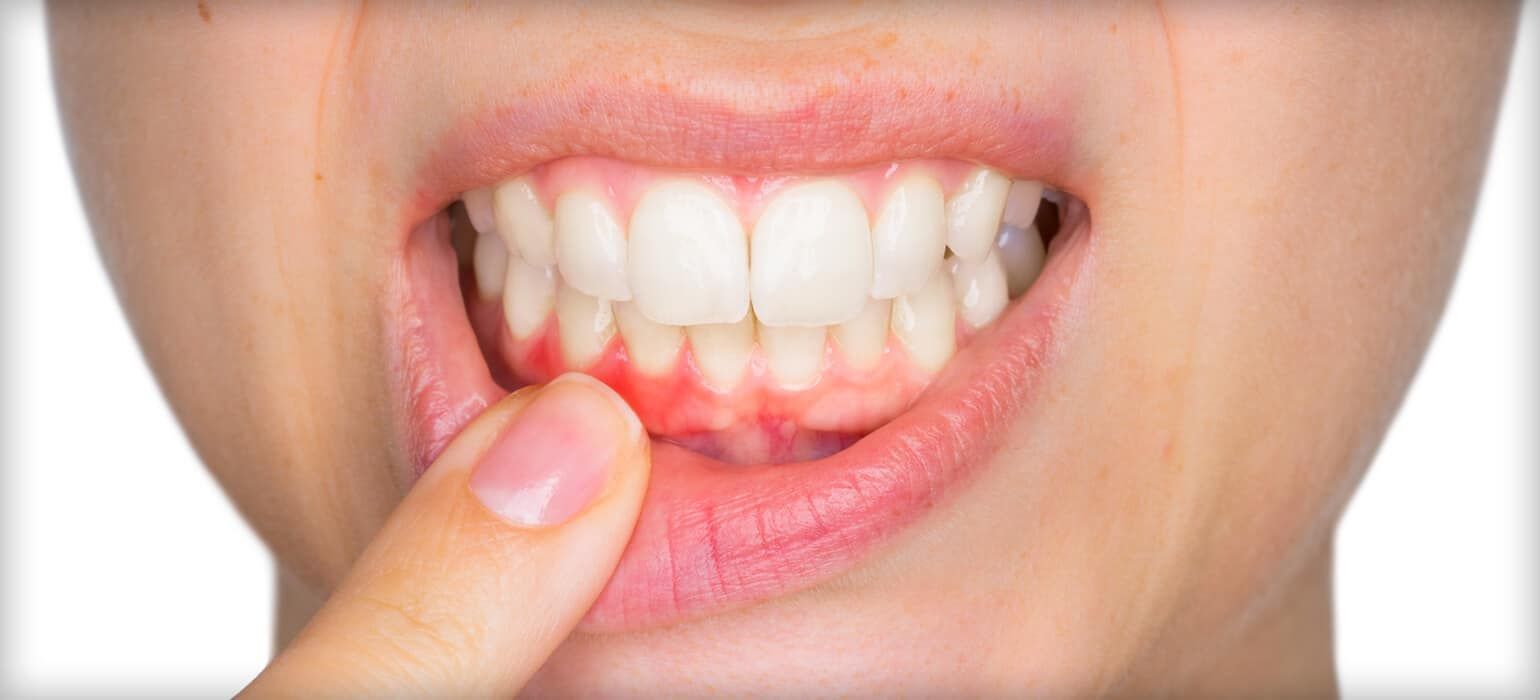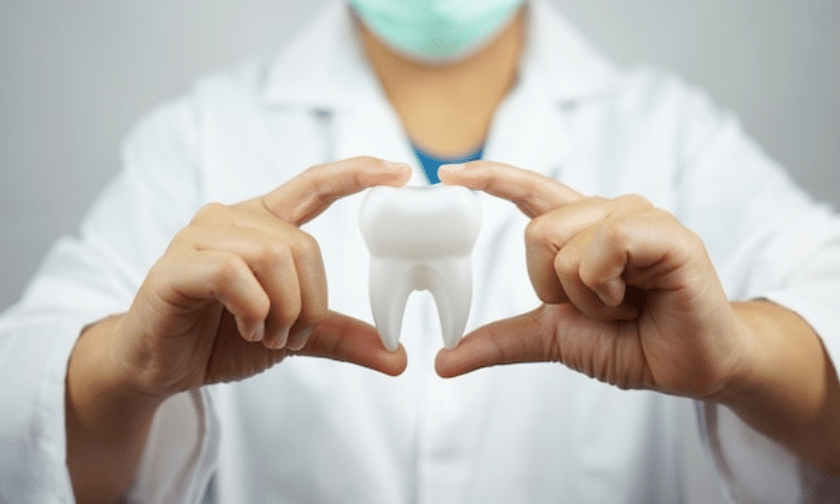What Causes Tooth Sensitivity and How to Treat It
Understand the Causes of Tooth Sensitivity
Best Cosmetic & Restorative Dentistry in Westfield, NJ
Tooth sensitivity is a common issue that can make everyday experiences like eating ice cream or sipping a warm beverage unexpectedly painful. For many people, this condition is not just a minor annoyance—it can seriously impact quality of life.
At The Laser Dental Group – Westfield, we understand how frustrating tooth sensitivity can be. Fortunately, modern dentistry offers several solutions to both identify the cause and provide effective relief. Let’s take a closer look at what causes sensitive teeth and what you can do about it.
What Is Tooth Sensitivity?
Tooth sensitivity occurs when the underlying dentin layer of your tooth becomes exposed. Dentin contains tiny nerve pathways that lead directly to the pulp, where the tooth’s nerves reside. When the dentin is no longer protected by enamel or gums, stimuli like hot, cold, sweet, or acidic foods can reach the nerves and cause pain.
Signs You May Have Tooth Sensitivity
- Sharp, sudden pain when consuming hot or cold items
- Discomfort when brushing or flossing
- Sensitivity to sweet or acidic foods
- Pain that comes and goes, especially when the affected area is stimulated
If you’re experiencing any of these symptoms, it’s time to consult a dental professional. A proper diagnosis is the first step in getting long-lasting relief.
Common Causes of Sensitive Teeth
1. Enamel Erosion
Enamel is the hard outer layer of your teeth, and it can wear down over time due to:
- Brushing too aggressively
- Using abrasive toothpaste
- Acidic foods and beverages
- Acid reflux disease
- Teeth grinding (bruxism)
Once enamel is compromised, the dentin becomes more vulnerable to stimulation.
2. Gum Recession
Gums can recede due to aging, improper brushing, or gum disease. Recession exposes the root surface of the tooth, which isn’t protected by enamel and is therefore more sensitive.
3. Tooth Decay and Fractures
Cavities, worn fillings, and cracked teeth expose sensitive inner layers, which can cause significant discomfort when eating or drinking.
4. Recent Dental Procedures
Dental cleanings, fillings, or whitening procedures may cause temporary sensitivity. While usually short-lived, it should still be monitored in case it persists.
5. Gum Disease
Gingivitis and periodontitis lead to gum tissue loss and increased exposure of tooth roots. This not only causes sensitivity but also raises the risk of infection or tooth loss if untreated.
How Is Tooth Sensitivity Diagnosed?
At The Laser Dental Group – Westfield, we take a comprehensive approach. Your dentist may:
- Conduct a physical examination
- Review your dental history
- Take digital X-rays
- Use diagnostic tools to identify enamel wear, cracks, or recession
Once the cause is identified, we’ll develop a tailored treatment plan based on your unique needs.
Treatment Options for Sensitive Teeth
1. Desensitizing Toothpaste
Specialized toothpaste contains compounds that help block nerve signals from reaching the brain. It may take a few weeks of consistent use to notice improvements.
2. Fluoride Treatments
Professional fluoride applications strengthen tooth enamel and reduce painful sensations. These are typically done in-office during your dental visit.
3. Dental Bonding
Bonding can cover exposed root surfaces or sensitive areas, protecting them from temperature changes and other irritants.
4. Gum Grafting
For more severe gum recession, soft tissue grafts can be used to cover exposed roots, reducing sensitivity and improving appearance.
5. Root Canal Treatment
If the sensitivity is severe and linked to an infected or damaged nerve, a root canal may be necessary. This procedure removes the affected nerve tissue and seals the tooth to prevent future issues.
Preventing Tooth Sensitivity
- Brush with a soft-bristled toothbrush and gentle pressure
- Avoid acidic foods and drinks
- Wear a nightguard if you grind your teeth
- Maintain regular dental checkups and cleanings
- Use fluoride mouthwash or remineralizing products as recommended
Experience Lasting Relief
Tooth sensitivity doesn’t have to control your life. At The Laser Dental Group – Westfield, we provide advanced diagnostic tools and personalized treatment plans to help you smile comfortably again.
Schedule your consultation today and take the first step toward a pain-free smile.
301 Lenox Avenue, Westfield, New Jersey 07090




